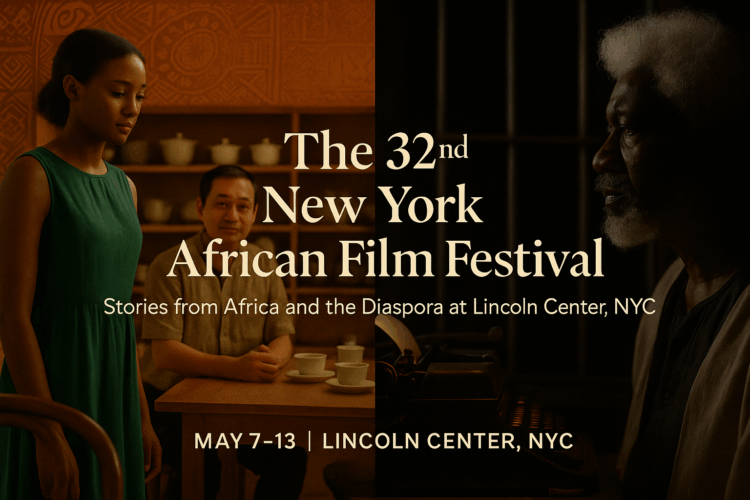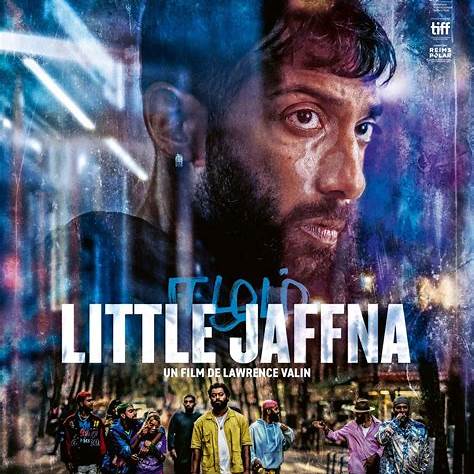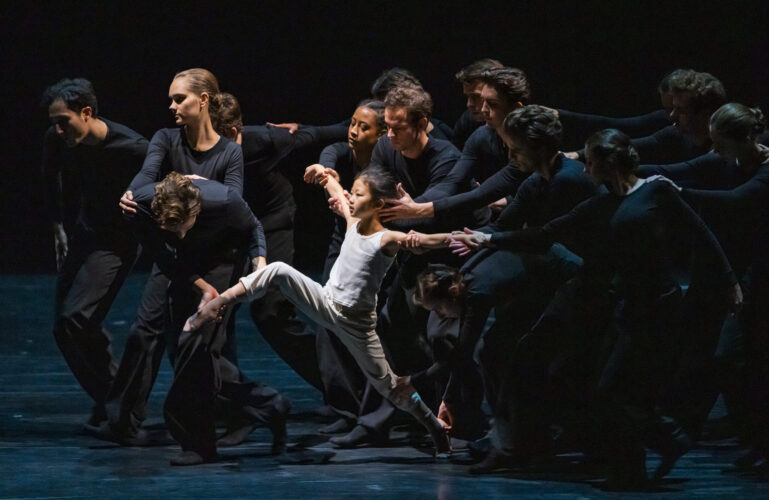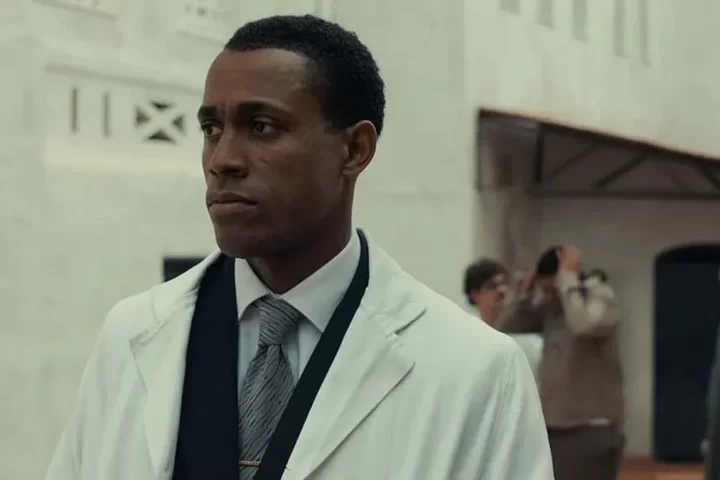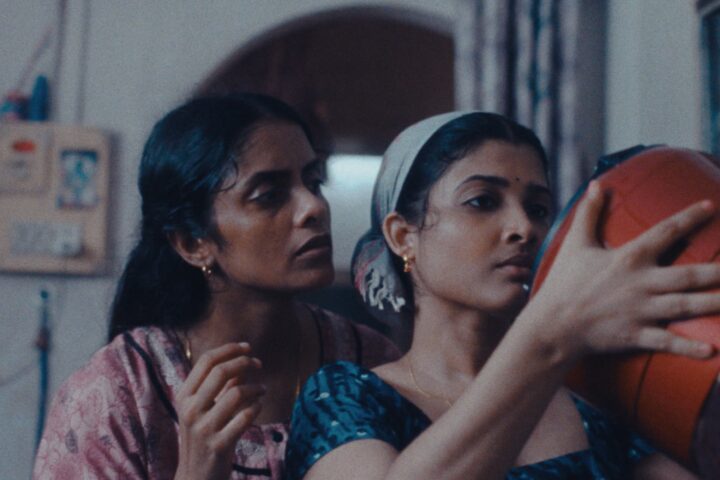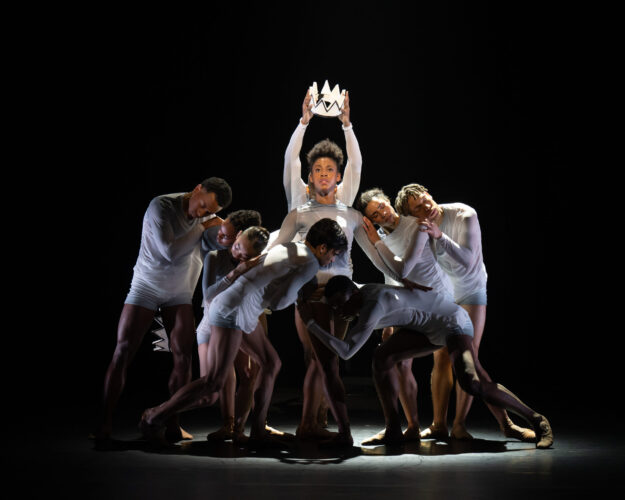BFI London Film Festival | 2022
Perhaps one of the friendliest film festivals in the world would have to be the British Film Institute’s London Film Festival, which returned this autumn with its usual wonderful blend of potential Oscar winners, international gems and indie surprises. It is a festival heralded; less for its glamour and far more for its accessibility. An accessibility, which endears film fans to it from around the world.
Below are some of my festival favourites.
Decision to Leave
Decision to Leave by South Korean director Park Chan-wook’s, is a dreamy film noir which is both a nod to British film director Alfred Hitchcock as well as being something genuinely unique. The story focuses on an insomniac and obsessive detective Hae-Joon, someone who on one level is happily married but on another knows all too well that something is missing in his life. In walks the mysterious widow of a homicide victim. Although unsettled by her husband’s death the woman does not appear to behave as a grieving widow should, could that be because she may have had a hand her husband’s murder? Park Chan-wook’s film is an instant classic, we eagerly watch how the interaction between these two plays out, in completely unexpected ways and wonder who is ultimately in charge. A haunting delight.
Till
Till directed by Chinonye Chukwu looks at a crime which for many has defined race relations in America in the 1950’s, the murder of African American Emmett Till at the hands of southern white racists. What made Till’s death stand out, since sadly the deaths of other African Americans in similar circumstances at the time went largely unnoticed, was the resolute determination of Mrs Till to hold those who killed her son accountable. It was her decision to insist on recovering her son’s body, which had been dumped into a river and her insistence on having an open casket funeral. She felt that by doing this she could display to the world the impact several hours of torture had on her young teenage son’s body. Emmett Till’s only allege crime was that he had whistled at young white woman. And even that act now seems to be in question since Emmett had a lisp which caused him at times to sound as if he was whistling. The world’s press picked up the disturbing photos and reprinted them in international publications around the world. Historians now see Mamie Till’s act of defiance as the catalyst for the modern civil rights movement. Shown in the Mayor of London’s gala in the film festival, American/Nigerian director Chinonye Chukwu’s film is a powerful indictment of America’s violent, racist past. A past which former president Trump consistently reminds us is still with us.
1976
1976 is an extraordinary Chilean feature, directed with a fierce commitment by Manuela Martelli. The film looks at the year 1976, a few years into the military rule of dictator General Pinochet. A leader whose government is now accused of causing the deaths of at least 2,279 people (many human rights organisations place that figure much higher) and torturing another 30,000. Because of this around another one million people felt compelled to leave the country. Pinochet’s reign of terror even extended to other countries where it is alleged, that his security forces tracked down critics of the regime and assassinated them there. The emotional scars inflicted on the Chilean society are still very much felt today with a younger generation asking the question, which is how, could this ever have been allowed to happen? Martelli’s film goes a long way in answering this question. The film’s central character Carmen, lives an upper middle-class bourgeoisie life, married to a doctor. She is a woman who chooses not to see what is taking place around her. The opening scene in the film shows her out shopping, while in the shop you hear the sound of police whistles and gun fire, you also hear someone running. The shopkeeper simply closes the shop’s shutters and carries on serving Carmen. When she emerges from the shop, she sees a solitary shoe abandoned on the ground but its owner has now disappeared. Her life completely changes when she is asked to hide a wounded student activist who the police are now hunting. She is then forced, to see the reality of the lives of everyday Chileans. The people she seeks help from in order to get the student out of the country disappear. The film though points to the fact that authoritarian regimes can only survive through the complicity of those they rule. When people choose to see what’s happening around them, these regimes fall. As was the case in Chile, unlike in many other countries ruled by dictatorships, Pinochet was not violently overthrown in the end he was simply voted out of office. Because of international pressure, including the pope, Pinochet confident of a victory, held an election, which would have extended his term by another eight years to his amazement he lost. Despite this, he turned to the army for help in clinging to power and again to Pinochet’s surprise they refused. Chile was finally free to make its transition to democratic rule. The film though looks at the beginning of Pinochet’s reign of terror when many who lived there, as long as they benefitted from his rule were happy to turn a blind eye, to what was happening around them as long as they felt they were not affected.
Subtraction
Subtraction directed by the Canadian/Iranian film director Mani Haghighi, is perhaps one of the most unusual film in the entire festival. And for those looking to Haghighi to make an ouvert political statement on current events in the country through this film might be disappointed. And yet, if you look closer you will none the less see its political colours all to clearly. It’s a difficult film to review without giving away its many surprises, but the story at its simplest follows a female driving instructor who while in the middle of a lesson spots a man who she thinks is her husband coming out of a woman’s apartment. Assuming the worse, she stops the lesson and runs to the apartment the man has just left. What she finds there is a woman who looks identical to her, except demonstrably happier. Haghighi marshals this intriguing premise through unexpected twists and turns, it interestingly is also the second in the festival which is clearly influenced by the work of British director Alfred Hitchcock. Subtraction using this intriguing setup I feel actually says some rather profound things about Iranian society, such as if you take away basic freedoms can anyone actually be truly happy. Haghighi had intended to attend Subtraction’s European premier at the festival but was stopped from boarding his flight. The government did this because they were afraid he would express his solidarity with the country’s young protestors. They need not have bothered since his film alone says all this without him uttering a word.
- BFI London Film Festival 2021
- Leave No Trace
- BREATHE
- Lost lives in Northern Ireland
- The Populist Tango




